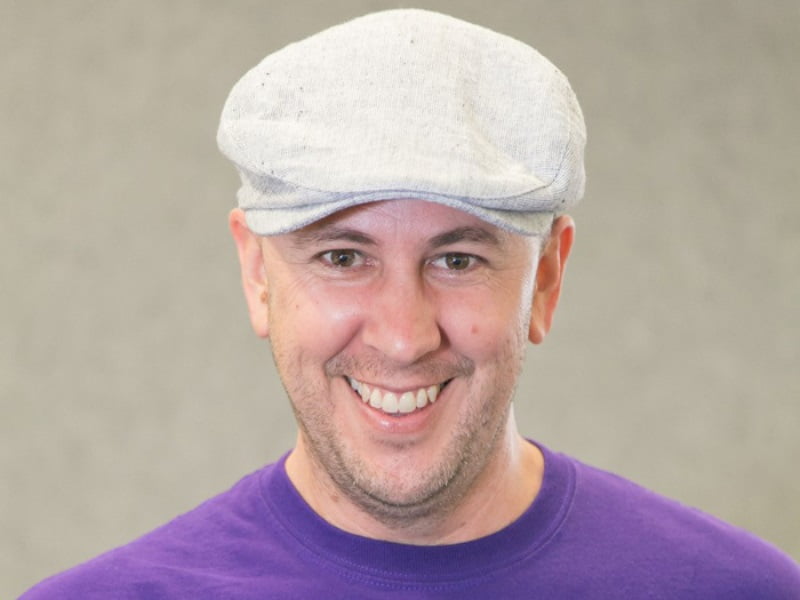Disability-focused accelerator Remarkable will split more than $200,000 of investment funding with the next cohort of startups as part of its 16-week program.
This will be the accelerator’s third program, but unlike the first two cohorts – where startups received $20,000 – Remarkable’s investment this time will be $35,000 into each business.
Additionally, for the first time Remarkable will take an equity share in the businesses.

“For the first two we didn’t take any equity, we were just doing them as MVP (minimal viable products). We wanted to make sure what we were doing was of assistance,” Remarkable founder Pete Horsley told InnovationAus.com.
“We’re now going to be taking 5 per cent as a beginning mark of where we negotiate; it will depend on what stage and age of the company also.”
Since it was founded in 2016, Remarkable is financially backed by Telstra Foundation and as a division of the Cerebral Palsy Alliance.
During the first programs, the accelerator also received funding from the NSW government’s Department of Family and Community Services.
More recently, Mr Horsley said the program received additional funding after the Cerebral Palsy Alliance won the Macquarie Group Social Innovation Award in 2017.
Remarkable has supported 12 startups to date, and in the next wave plans to accept between six to eight companies who will be given access to co-working space, mentoring, pitch coaching and to a corporate and investor network.
“Right now, we’re looking for early-stage businesses that are working to drive innovation in the disability sector or address core activities such as mobility, self-care and communication,” he said.
One of the other key reasons for starting this accelerator, according to Mr Horsley, was because of the recent reforms that were made to the National Disability Insurance Scheme, which meant there was a greater opportunity for startups with disability-specific technology to sell to a market.
“Rather than government giving chunks of money to organisations like ours through the process they use to have, at a federal government level they’re giving smaller parcels of money for individuals based on the needs they have, and they get to choose where they actually spend that money,” he said.
“Previously services were provided free of charge, but they weren’t usually enough of them or not at the quality that people needed.”
“What this is doing is essentially giving people with disability choice of where they actually spend their money and the things they spend their money on, obviously in the guidelines of what the NDIS is for.
“Essentially that means the reform is creating a marketplace of having a product, service, technology that can help someone with a disability achieve a goal that they want to, whether it’s workplace-related such as getting into a job, then you can become a registered provider of the NDIS.”
Beyond the NDIS reforms, the disability market alone is a large opportunity, Mr Horsley said.
“The number of people with disability around the world is about equivalent to the population of China – about 1.3 billion people. Not all of them will need some form of technology or assistant, but we are talking a big market,” he said.
“People sometimes think of disability of a niche within a niche, but when you actually think about the ageing population, we all need various assistive technologies and devices as we age.”
Remarkable’s 16-week accelerator program will kick off on 26 March, with applications closing on 11 February.
Do you know more? Contact James Riley via Email.

